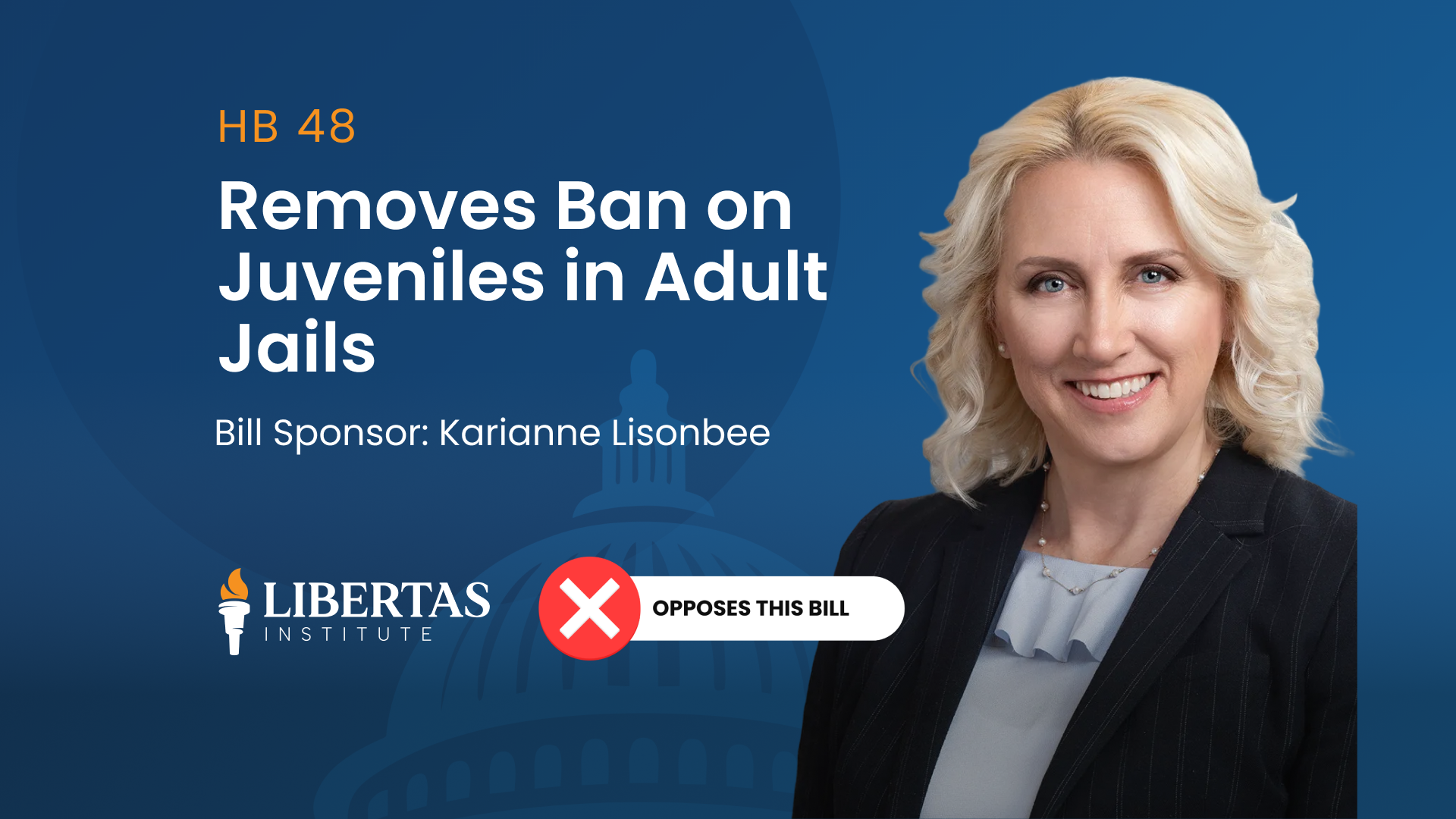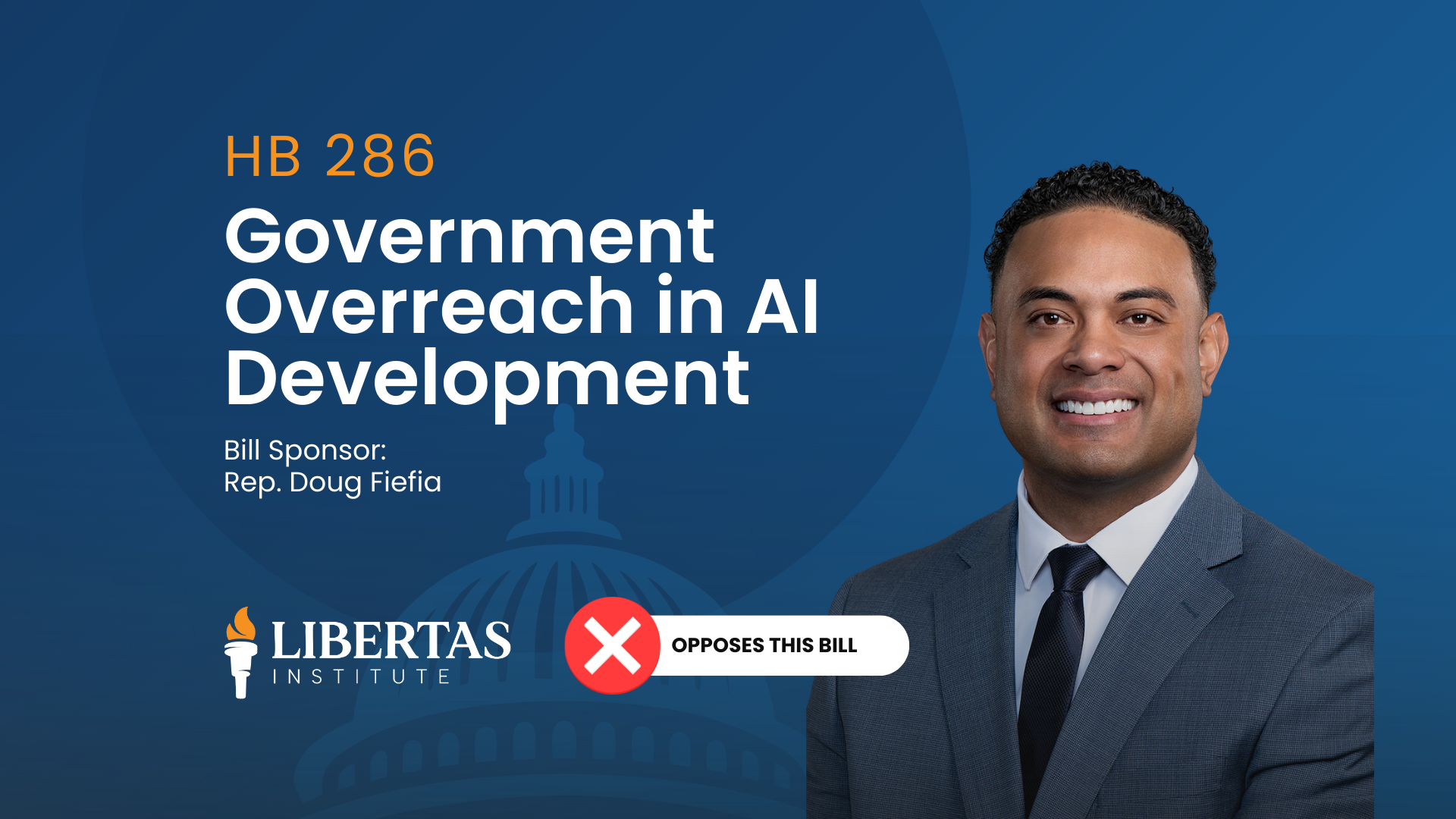To track the status of this bill, find it on our Legislation Tracker. Click here to contact the sponsor of the bill to share your thoughts, or click here to email your Senator and Representative about it.
Libertas Institute supports this bill
As odd as it sounds, cities and counties sometimes own and run recreational enterprises. Cities and counties have operated businesses like golf courses and tubing hills in recent years. While these government enterprises are likely well-intentioned, public officials should think twice before engaging in these activities that are traditionally offered by the private market.
Currently, local governments are free to own and operate businesses in the recreation industry. This creates several problems. It is far from the proper role of the government to build something like a golf course. These facilities place an undue burden on all citizens in order to support amenities that benefit only a small portion of citizens.
On top of that, these enterprises directly compete with private businesses. The only difference is, government-run businesses are not subject to the same taxes, market signals, and disadvantages that private businesses are. Such government enterprises make for very tough, and unfair, competition.
HB 342, sponsored by Representative Strong, establishes some guidelines that must be followed by local governments before they engage in competitive activities that could otherwise be fulfilled by the private market.
Before engaging in a competitive activity, local governments would be required to conduct research to determine whether that service is already being offered by a private entity and how offering such a service will impact the locality’s budget and tax rate. Then, these results would be presented at a public hearing where citizens and business owners can voice their opinions.
Research and public input should be collected and considered before large budget expenditures are made for the sake of recreation and entertainment.




